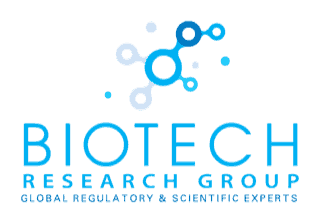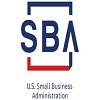IND consulting and regulations
05/02/2020
Category: Other Blogs
During the development of a new drug, a sponsor should determine whether the product is safe for early use in humans and if the compound exhibits pharmacological and clinically relevant activity that justifies further investigation for future commercial growth. When a product is identified as a potential drug candidate for further development and used in the limited, early-stage clinical studies, the sponsor focuses on gathering the data and information needed to establish that the product does not expose humans to unreasonable risks. This use in humans requires an Investigational New Drug (IND) application.
As soon as a drug sponsor wants to test a candidate’s potential in humans, the molecule becomes a legal concern under the U.S. Food, Drug and Cosmetic Act and becomes a ‘new drug’ subject to the specific requirements of the full Drug Regulatory System. The IND allows for shipment of the new drug across U.S. state line.
Considerations for INDs:
Through IND consulting, a pre-IND meeting can be set up with FDA and a pre-IND meeting package assembled and submitted. Meeting with a consultant and FDA early in the clinical planning stages could save time and money as well as frustration with the regulatory process for new drugs.
The final IND application needs fully developed information across three areas; animal pharmacology and toxicology studies, manufacturing and product specifications, and clinical protocol(s) with investigators. The sponsor must wait 30 days after submission of the IND application before initiating studies to allow FDA a review period. The IND period requires periodic safety reporting and study reports to be submitted to FDA.
There are different kinds of INDs that address the needs for testing candidate drugs as treatments, for physicians wanting to use a drug themselves as an investigator, and for emergency use.
Also Read: Balancing FDA Compliance in a Pharmaceutical Environment
tagging: IND biotech > ind regulatory > Pharma consulting


